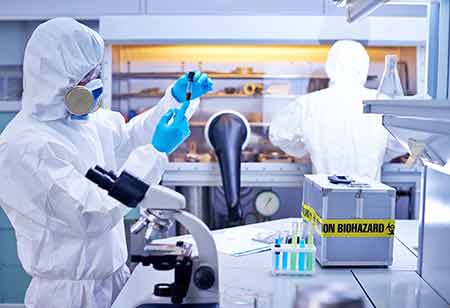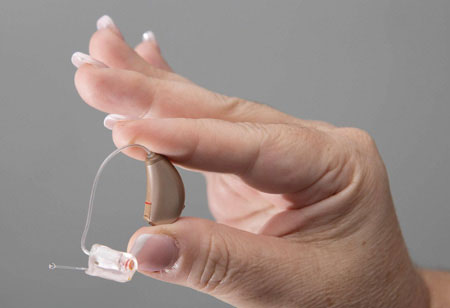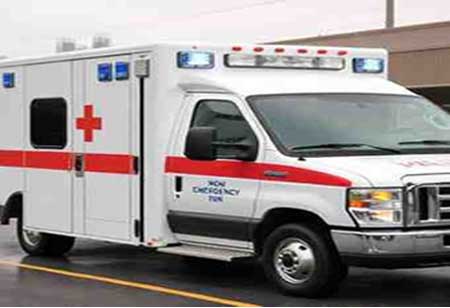Thank you for Subscribing to Healthcare Business Review Weekly Brief
Be first to read the latest tech news, Industry Leader's Insights, and CIO interviews of medium and large enterprises exclusively from Healthcare Business Review
Transforming Breast Cancer Detection Through AI Innovation in Canada
AI-driven breast cancer screening in Canada increases early detection, enhances accuracy, personalizes care, reduces delays, expands access, and fosters patient trust through adaptive, data-driven diagnostic support.

By
Healthcare Business Review | Friday, November 07, 2025
Stay ahead of the industry with exclusive feature stories on the top companies, expert insights and the latest news delivered straight to your inbox. Subscribe today.
Fremont, CA: Breast cancer screening is essential for early detection, which leads to better treatment outcomes and higher survival rates. In Canada, the integration of AI is enhancing this screening process by providing faster and more accurate diagnostic support. AI systems analyze mammogram images using advanced algorithms to identify subtle patterns that the human eye might miss, enabling radiologists to detect cancer at earlier stages. This technological advancement improves diagnostic accuracy while also helping reduce screening backlogs, ensuring patients receive more timely care.
Enhancing Accuracy and Reducing Diagnostic Delays
AI technology is improving the precision of breast cancer detection. Deep learning algorithms can quickly process thousands of images, identifying potential anomalies with remarkable consistency. This minimizes the risk of false negatives and false positives, which are common challenges in traditional screening methods. By acting as a second set of eyes, AI supports radiologists in confirming findings and prioritizing high-risk cases for immediate review. The speed of AI-assisted analysis also helps reduce diagnostic delays, ensuring patients receive timely follow-up tests and consultations.
In rural and underserved regions of Canada, where access to specialized radiologists may be limited, AI tools can bridge gaps by providing accurate, standardized assessments. This optimizes healthcare resources and also brings life-saving screening services closer to communities in need. AI-powered systems can constantly learn from new data, adapting to emerging patterns in breast cancer presentation and improving over time. This adaptive learning capability ensures that diagnostic accuracy remains high even as screening techniques and population demographics evolve.
Expanding Access and Personalizing Screening Programs
The adaptability of AI-driven screening systems is opening new opportunities for personalized healthcare. By analyzing a patient’s imaging alongside individual risk factors such as age, family history, and breast density, AI can help tailor screening schedules and methods to each person’s needs. This precision approach avoids unnecessary tests for low-risk individuals while ensuring those at higher risk receive closer monitoring. AI also facilitates large-scale screening programs by processing vast datasets quickly, making it easier for public health systems to expand coverage without overloading radiology departments.
AI-powered platforms can integrate with telemedicine services, allowing secure sharing of images and results across provinces. This interconnectivity supports collaborative diagnoses, enabling specialists from different regions to contribute their expertise. AI’s ability to generate standardized reports promotes consistency in patient communication, aiding people in understanding their results and treatment options better. These advancements improve clinical efficiency and also enhance patient trust and engagement in the screening process. Such capabilities make breast cancer screening more inclusive, efficient, and patient-focused, reinforcing Canada’s commitment to equitable healthcare delivery.






